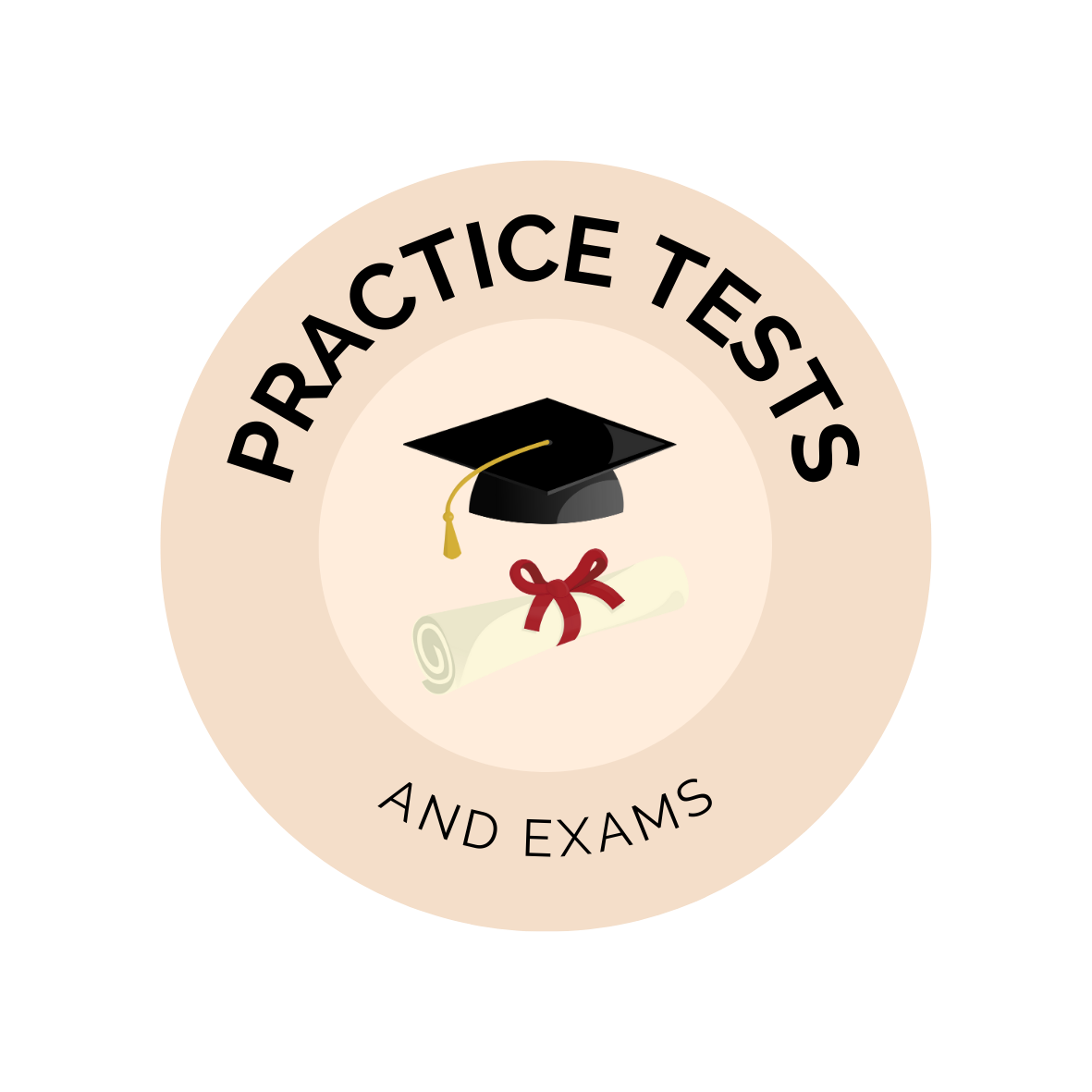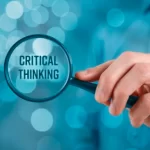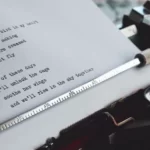What is Inference in Reading Comprehension? A Comprehensive Guide
Reading is not just knowing words; it's about understanding and making sense of what we read. Inference is like figuring things out even when they're not clearly said. It's like reading between the lines. Keep reading to find out more!
Inference in Reading Comprehension
In reading, inference is about figuring out things that the text doesn't directly say. We use clues from the text and what we already know to make smart guesses about what the author is saying.
Example:
My sister and I decided to explore the forest trails for the weekend, making sure to pack snacks and comfortable shoes. Concerned about potential allergies, I packed an extra dose of allergy medication just in case.
Inferences:
The author has a sister.
The author and their sister are planning a weekend trip.
They are going to explore forest trails.
They are likely to encounter nature or wildlife.
The author enjoys being prepared for their trips.
The author has allergies or is considerate about allergies.
The author has experienced allergies during outdoor activities in the past.
Inferences help us understand things that aren't exactly written down, showing that there's a lot to discover when we read with a keen eye.
What are the types of Inferences?
1. Textual Inferences
These inferences look closely at the details the author gives. Readers figure out the message by carefully looking at what's written.
Example:
The old, creaky house stood at the end of the street. Broken windows and peeling paint hinted at its age, and overgrown vines covered the front porch.
From the details given in the text, we can infer that the house is quite old and not well-maintained. The broken windows, peeling paint, and overgrown vines suggest neglect and age.
This inference is made by directly pulling information from the explicit details provided by the author.
2. Logical Inferences
Logical inferences mean connecting what's written with what you already know. It's like using your own ideas to understand things better.
Example:
The garden was buzzing with activity. Bees danced from flower to flower, collecting nectar. Ladybugs crawled along the leaves, and butterflies fluttered above the vibrant blooms.
Seeing bees, ladybugs, and butterflies in the garden means it's healthy and well taken care of. These insects like vibrant gardens.
It's like connecting what's in the story with what we know about lively gardens.
3. Predictive Inferences
Predictive inferences mean guessing what might happen next in the story. By looking at clues, readers can make smart guesses, making the reading more exciting.
Example
As the storm clouds gathered overhead, and thunder rumbled in the distance, Sarah clutched the mysterious amulet she had discovered earlier that day.
Thinking about the storm and the mysterious amulet, a reader might guess they're connected. The storm clouds and thunder make it feel exciting and mysterious. It's like guessing the amulet will be important, maybe showing its powers during the storm.
Making predictions like these based on clues and hints in the text contributes to a more engaged reading experience.
Building Inference Skills
1. Close Reading
Pay close attention to details. Identify key info and think about how different parts of the text connect.
2. Questioning
Ask questions that make you think beyond what's written. It's like having a conversation with the author in your mind.
3. Visualization
Picture the scenes in your mind. Creating mental images helps connect the dots and make better inferences.
Final Words
Getting good at inference makes reading more interesting. Check out our programs—they're made to help you understand better, especially for reading tests. Come join us and let's make reading even more fun together!





0 comments